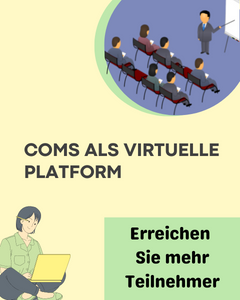Konferenzen > Mathematik > Simulation > Großbritannien
Wählen Sie ein Land aus
Großbritannien
1
Workshop — Collective movement and pattern formation: Biology, modelling and analysis
27. Jul 2026 - 30. Jul 2026 • ICMS, Bayes Centre, Edinburgh , Großbritannien
Eintrags-ID:
1670138
2
MHBW02 — Modelling Behaviour for Global Challenges: Epidemics and Energy Systems
10. Aug 2026 - 14. Aug 2026 • Cambridge, Großbritannien
Eintrags-ID:
1685037
Webseite:
Conference-Service.com stellt der Öffentlichkeit ein Kalendarium wichtiger Konferenzen, Symposien und sonstiger Tagungen im wissenschaftlich-technischen Bereich zur Verfügung. Obwohl das Verzeichnis mit großer Sorgfalt zusammengestellt und ständig aktualisiert wird, weisen wir auf die Möglichkeit von Fehlern ausdrücklich hin. Bitte vergewissern Sie sich immer beim Veranstalter, bevor Sie über die Teilnahme oder Nichtteilnahme an einer Konferenz entscheiden.
Stand vom 25. November 2025



